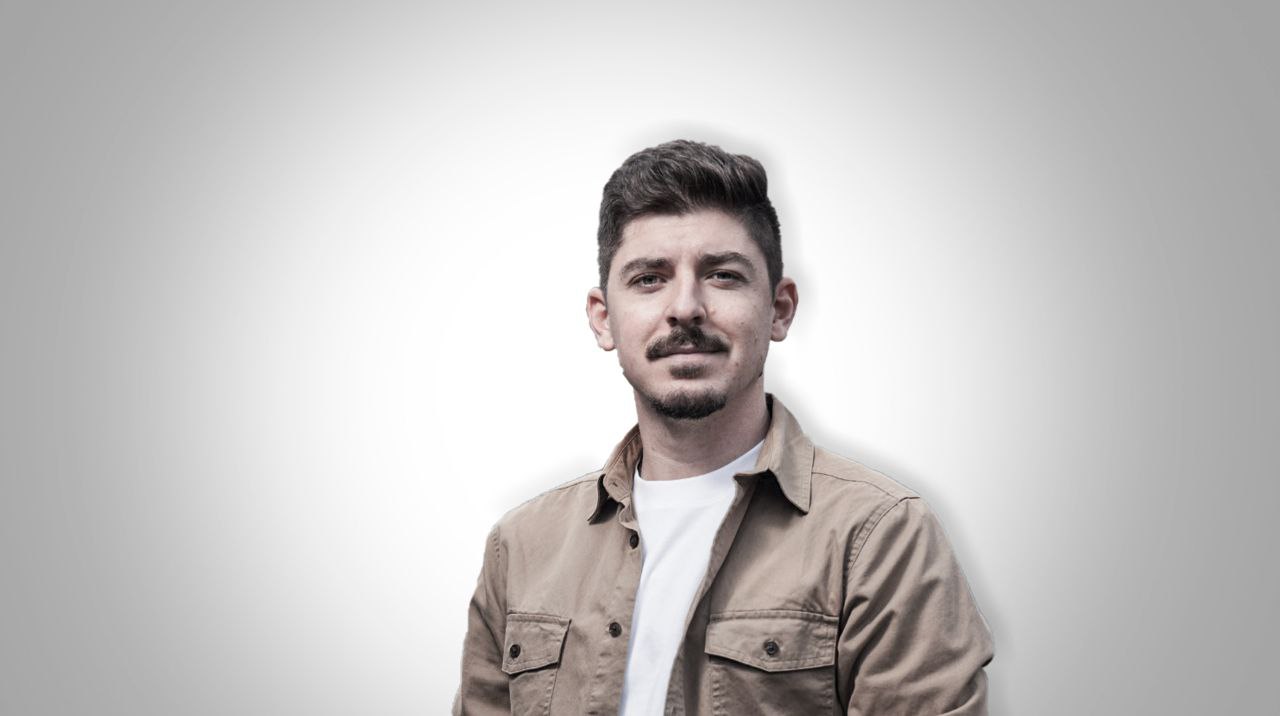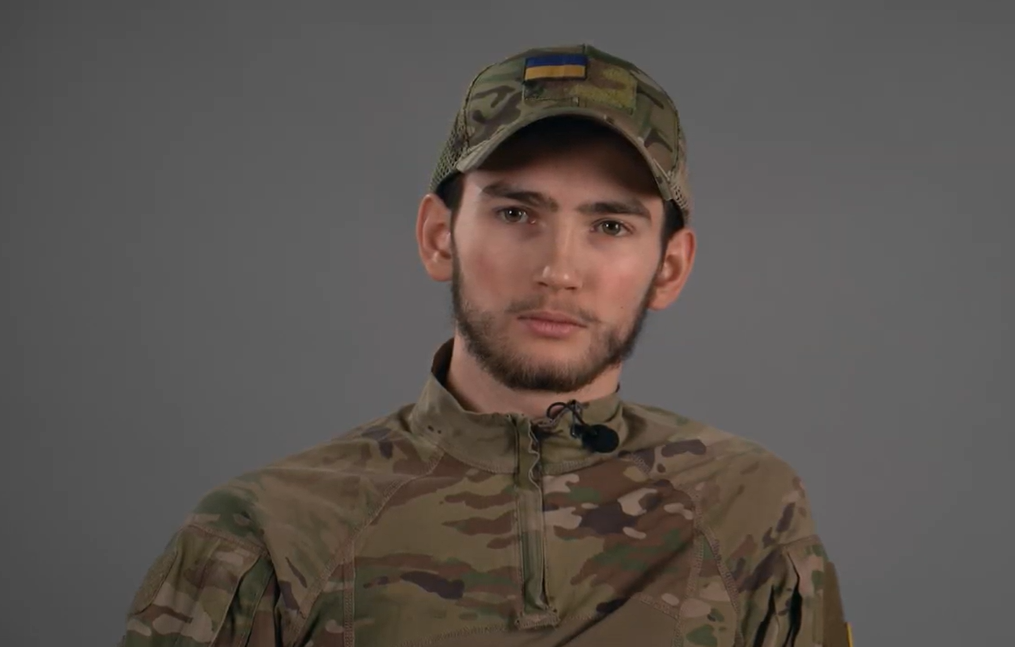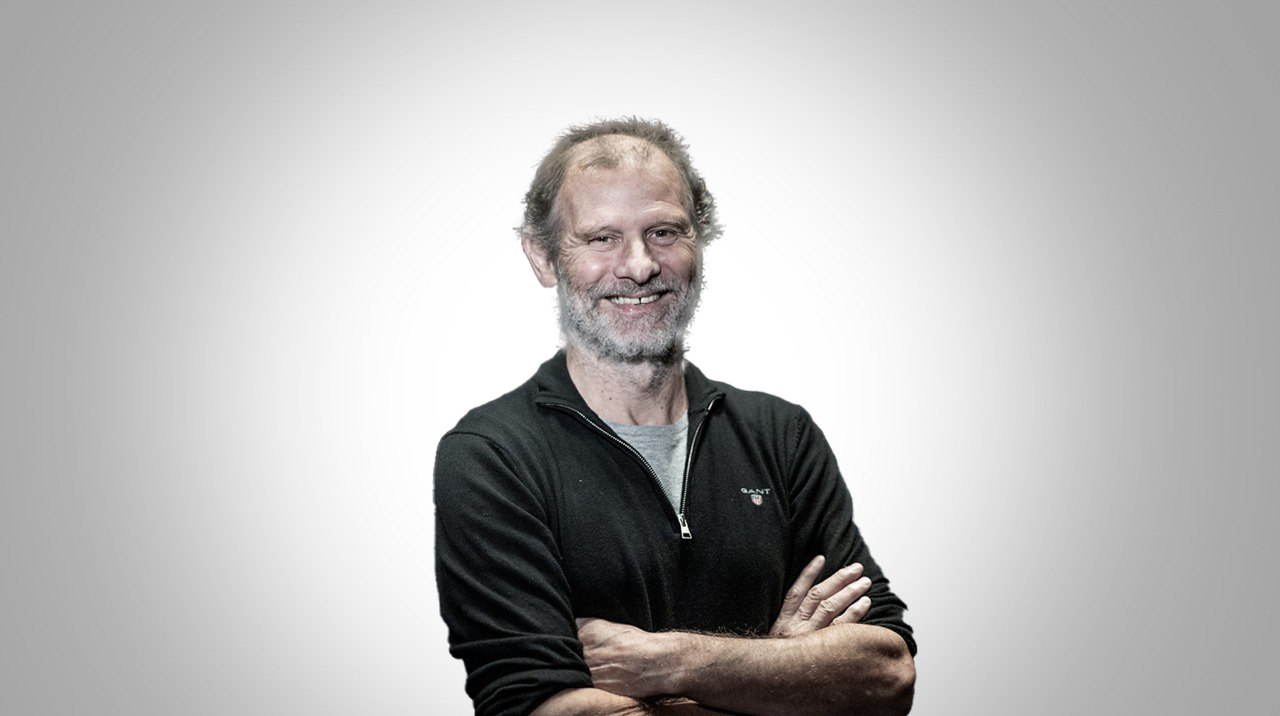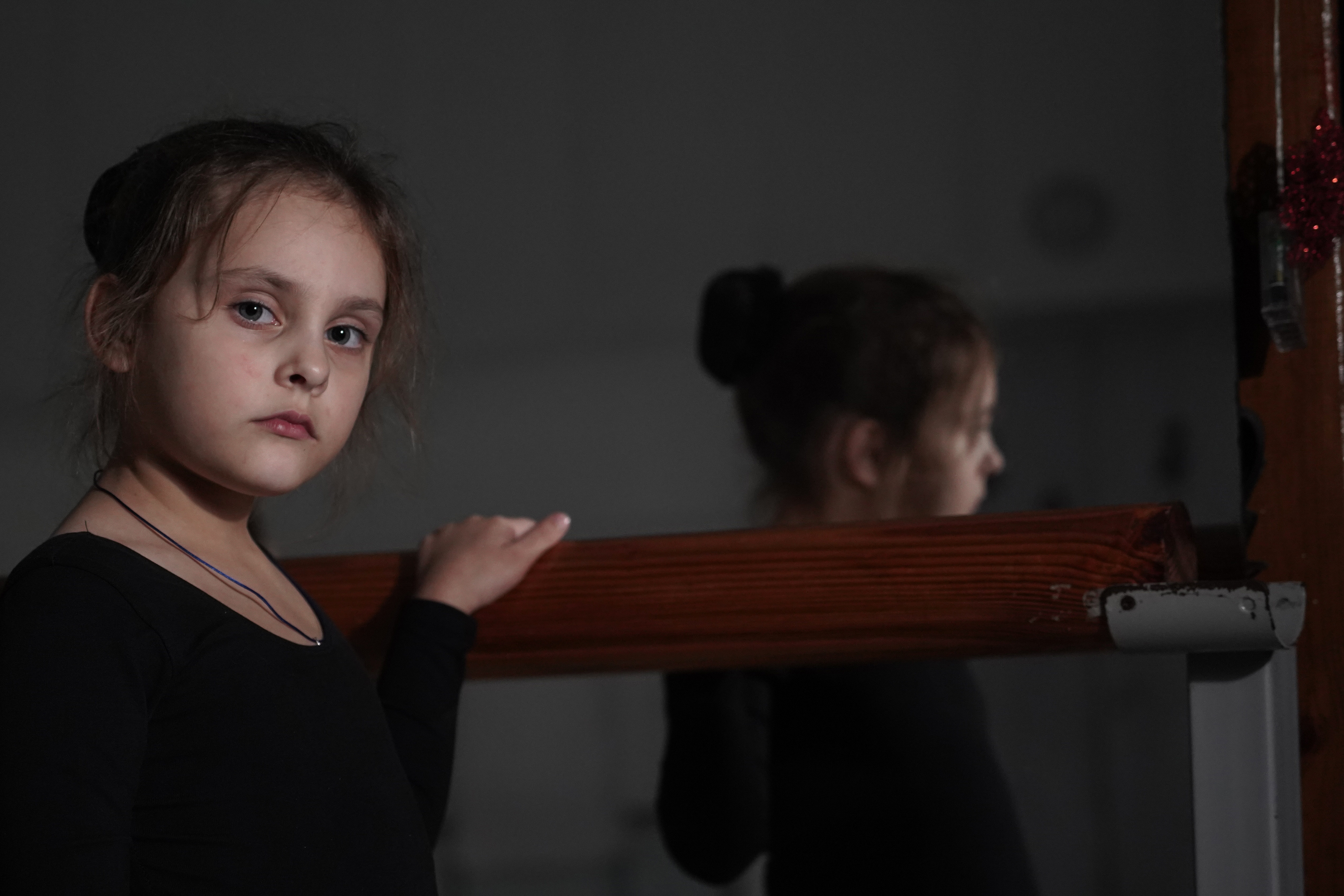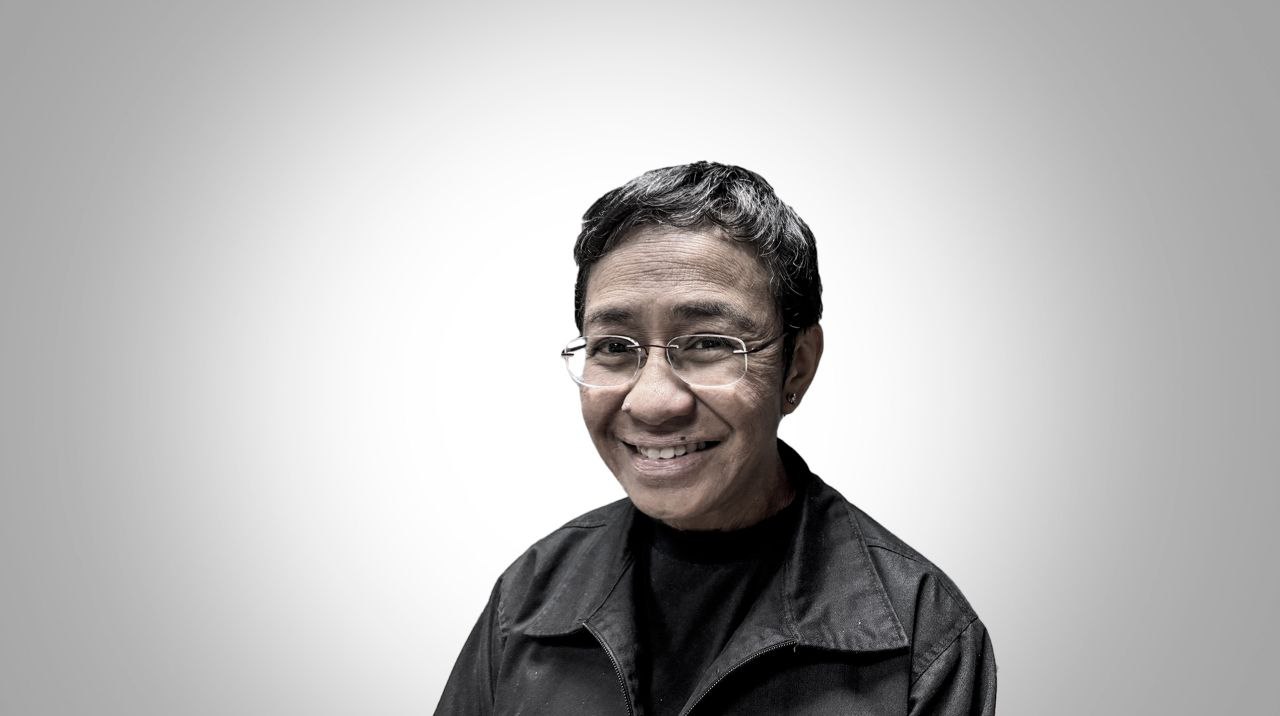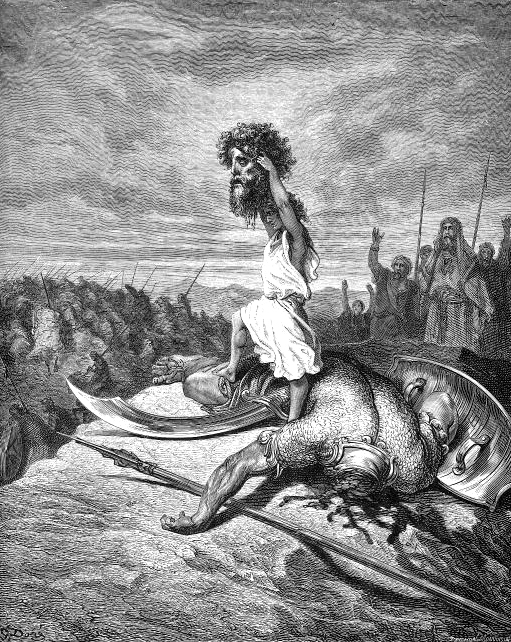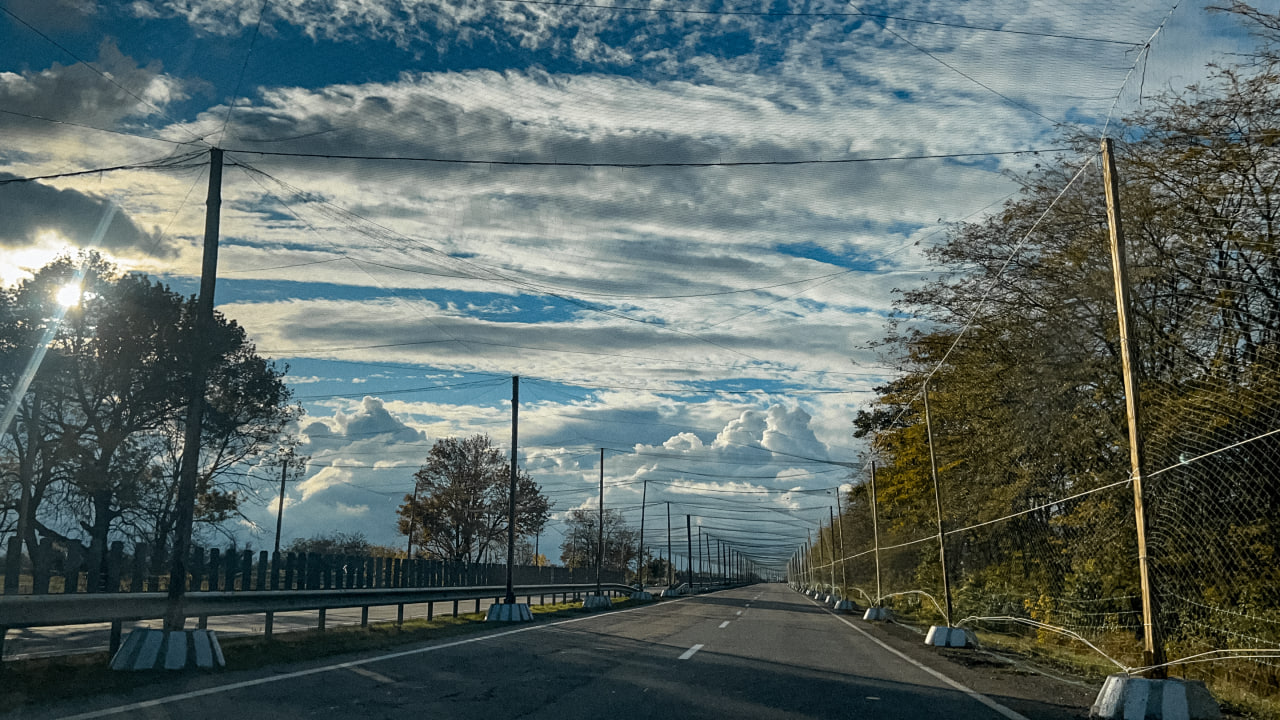Why Berkut fighters who shot protesters on Maidan a decade ago are still not imprisoned?
Exactly ten years ago, "Berkut" fighters shot protesters on the Kyiv Maidan. The court's verdict on the execution of protestants was announced in October 2023. According to it, several "Berkut" servicemen were acquitted, and those found guilty remain in Russia. Life in War finds out why none of the Berkut officers are behind bars.


A winter from hell
The Sviatoshynskyi Court of Kyiv has passed a verdict in the case of the shooting of Maidan activists on February 20, 2014. The death of 48 people nine years ago was a national tragedy. But the outcome of the trial over the events that largely shaped Ukraine's modern history has received little attention.
Let’s recall the chronology of events. At the end of November 2013, peaceful protests began on Independence Square in favor of signing the Association Agreement with the EU and against rapprochement with Russia, which was lobbied by Ukrainian President Viktor Yanukovych. Attempts by the police at the time to disperse the gatherings only attracted new protesters. On January 22, 2014, the first demonstrators were killed. Tensions escalated, and during the clashes of February 18-19, three dozen Maidan protesters and nine law enforcement officers were killed.
On February 20, the death toll of the protesters – known in Ukraine as the Heavenly Hundred – doubled.

That morning, lines of police stood on the Maidan. The barricades protecting the demonstrators' camp had been seized the day before. The security forces were preparing for a decisive assault. However, at 5:30 a.m., a group of protesters with hunting weapons opened fire from the windows of the Conservatory (National Music Academy) overlooking the Maidan. The police retreated, with three dead and several dozen wounded in their ranks.
This opened the way for the Maidan protesters to reach the government quarter. Moving гз Instytutska Street, they blocked a group of police officers in the so-called October Palace (International Center for Culture and Arts). As the court found, soldiers of a special purpose company of the Kyiv regiment of the Berkut police unit under the command of Dmytro Sadovnyk arrived there to evacuate their colleagues and clear the area around the building. Within minutes of their arrival, they killed four protesters.
Then, a hunting bullet hit 27-year-old Sergeant Mykola Symysiuk in the forehead. Police opened fire on demonstrators on Instytutska Street, including unarmed ones.
Declared guilty, remain at large
After Viktor Yanukovych fled Kyiv on February 22 and the transfer of power to Euromaidan leaders, the unit's personnel left the city and the country. Also, the weapons used on the Maidan disappeared from the Berkut base. A year and a half later, Afghan war veterans who had drowned the assault rifles at the request of Dmytro Sadovnyk and Kyiv Berkut commander Serhiy Kusiuk helped the investigation find them in a river near Kyiv. A key piece of evidence proving the offenses of the special company's fighters was the ballistic examination of the weapon casings found on Instytutska Street and the bullets recovered from the wounded and killed Maidan participants.

The investigation suspected 26 Berkut officers, but since most of them fled to Russia, only five police officers who were detained were charged with mass killings. Three were declared guilty. On October 18, 2023, the Sviatoshynskyi court sentenced Oleh Yanishevskyi, deputy commander of the Kyiv Berkut regiment, to life in prison, and Pavlo Abroskin and Serhiy Zinchenko to 15 years in prison.
A hunting bullet hit sergeant Mykola Simysyuk in the forehead. The police opened fire on the demonstrators
None of them heard the verdict in person. In December 2019, as part of a prisoner exchange, they, along with their colleagues Serhiy Tamtura and Oleksandr Marynchenko, were handed over to the authorities of the pro-Russian unrecognized republics in eastern Ukraine. "It is more valuable for me to bring back our heroes. For one of our soldiers, I would give 50 or 100 Berkut officers," President Volodymyr Zelenskyy said at the time.
The shooting was not a terrorist act
Three months after the exchange, Tamtura and Marynchenko returned to Kyiv from Luhansk and decided to prove their innocence. As a result, the former was fully acquitted due to lack of evidence, while the latter was found guilty of abuse of power. Marynchenko's sentence was credited with time spent in a pre-trial detention center. In addition, Marynchenko was allowed to return to service.
In 2019 imprisoned Berkut officers were handed over to the authorities of the pro-Russian unrecognized republics

The trial in the case of the massacres on Instytutska Street lasted almost eight years. The 321st session was the last one, and in pre-war times, its results could have triggered a new wave of street protests. Along with many victims and relatives of the victims, the prosecution is dissatisfied with the verdict. A year ago, during the closing arguments, prosecutors demanded life imprisonment for the police officers, as the defendants were charged with organizing a terrorist act. "The indiscriminate use of weapons for an hour and a half against an unlimited number of unarmed protesters is nothing less than a terrorist act. These actions cannot be explained by any other motive," argued prosecutor Oleksiy Donskyi.
In pre-war times the court results could have triggered a new wave of street protests
The court disagreed with the assertion that the actions of the special forces were coordinated and refused to recognize the shooting as a terrorist act aimed at preventing peaceful assembly. Furthermore, the 1,700-page verdict refuted the idea that the Maidan actions were peaceful. Although the version of a political coup and the threat of seizure of state institutions was not confirmed, the protests of winter 2013-2014 in Kyiv were recognized by the court as an uprising.
Prosecutors have promised to appeal the decision, and not only because they believe the sentence is unacceptably lenient. Based on the allegations of a terrorist act and coordinated actions of Berkut officers, cases have been initiated against other members of the special forces, which will be brought to court.
Lawyer Vitaliy Tytych, who represents the families of the Maidan victims, believes that the case of the Berkut officers is broader. In his opinion, the shooting on Instytutska Street was initiated by Russian special services to make it look like a civil conflict. It is symbolic that the day of the shooting on Instytutska, February 20, 2014, is engraved on a Russian medal as the date of the beginning of the operation to seize Crimea. In March of the same year, Russian Defense Minister Sergei Shoigu personally presented the first such awards to Black Sea Fleet officers, marines, and Ukrainian Berkut fighters who had defected to the aggressor.
All photos: Olexiy Furman




.png)

